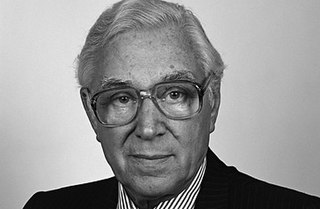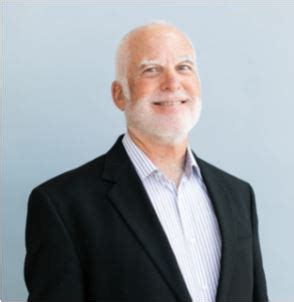A Quote by Criss Jami
In societies where coolness and being cool is a top priority, the religious replace the word 'religious' with 'spiritual' to make their faiths seem less extreme.
Related Quotes
The spiritual differs from the religious in being able to endure isolation. The rank of a spiritual person is proportionate to his strength for enduring isolation, whereas we religious people are constantly in need of 'the others,' the herd. We religious folks die, or despair, if we are not reassured by being in the assembly, of the same opinion as the congregation, and so on. But the Christianity of the New Testament is precisely related to the isolation of the spiritual man.
The religious stories, the religious truths, the spiritual principles - obviously, they don't change. But as you get older and you experience more, you recognize the applicability, the profundity, and the fundamental truths of spiritual principles in ways that you couldn't when you simply were living a less dimensional life.
It [an ethical problem with in vitro fertilization] depends on whether you're talking ethics from the standpoint of some religious denomination or from just truly religious people. The Jewish or Catholic faiths, for example, have their own rules. But just religious people, who will make very devoted parents, have no problem with in vitro fertilization.
So the best marriages and the deepest relationships with God grow out of the startling discovery that there is nothing one can do to earn love, and even more startling, that there is also nothing one can do to unlearn it, or to keep oneself from being loved. This is a religious awakening that is utterly different from any other religious experience, no matter how profoundly spiritual it may seem.
Although the far territory of the extreme can exert an intoxicating pull on susceptible individuals of all bents, extremism seems to be especially prevalent among those inclined by temperament or upbringing toward religious pursuits. Faith is the very antithesis of reason, injudiciousness a crucial component of spiritual devotion. And when religious fanaticism supplants ratiocination, all bets are suddenly off.
Being holy . . . does not mean being perfect but being whole; it does not mean being exceptionally religious or being religious at all; it means being liberated from religiosity and religious pietism of any sort; it does not mean being morally better, it meas being exemplary; it does not mean being godly, but rather being truly human.






































